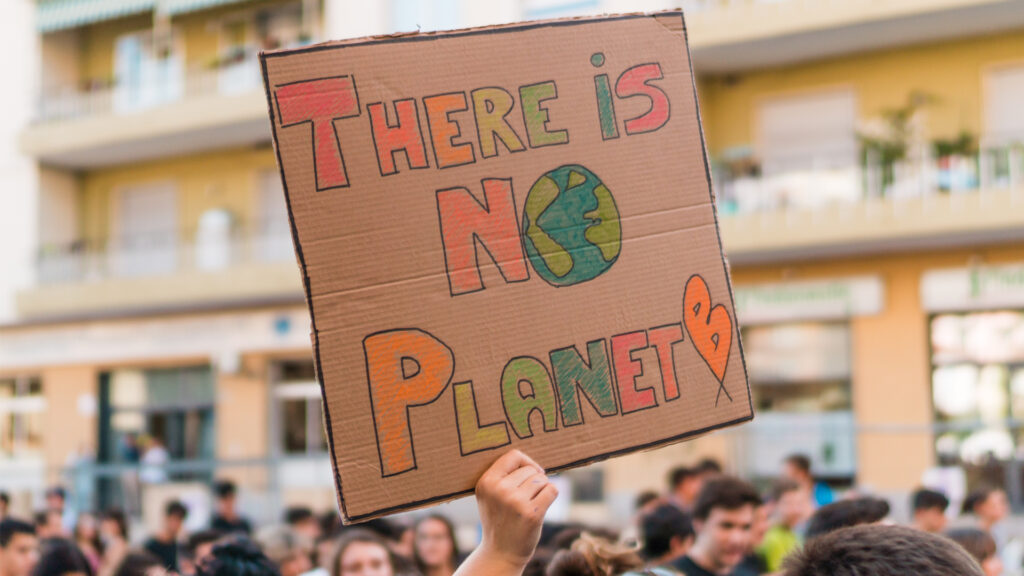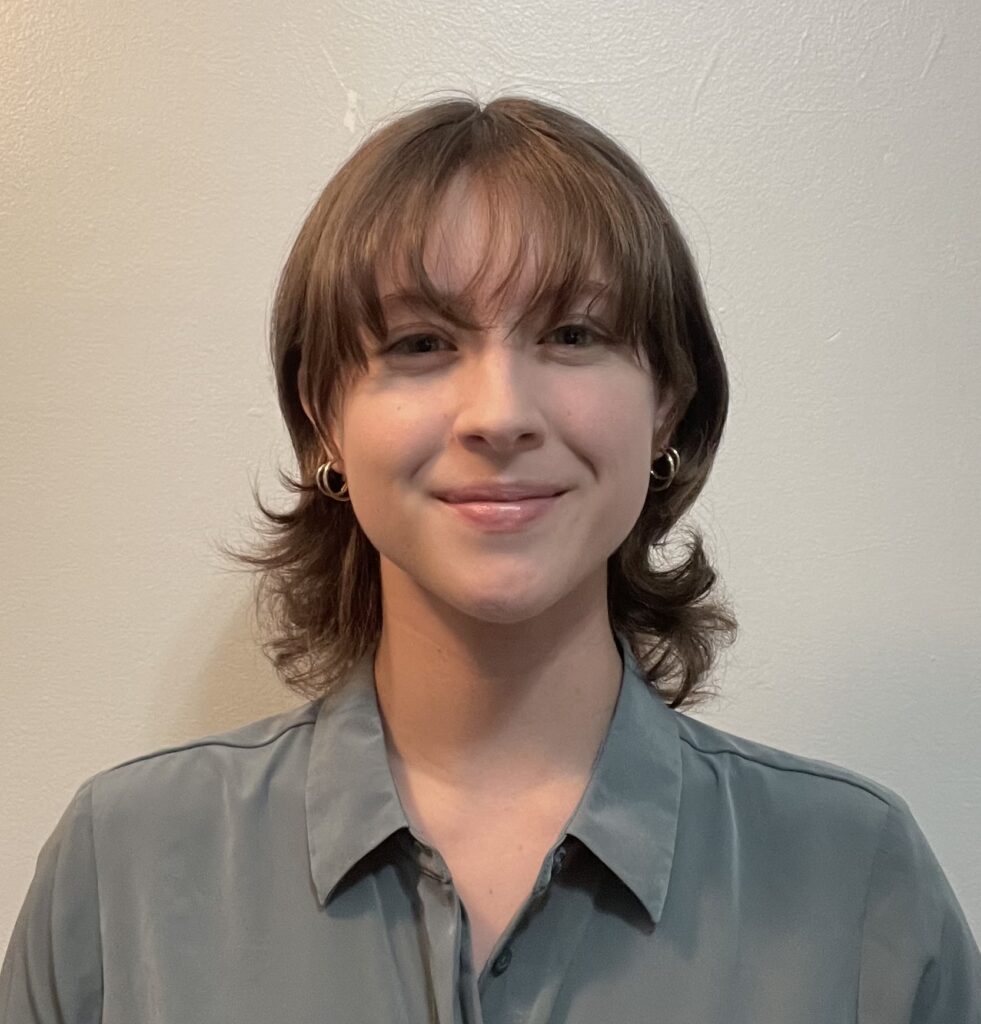By Carly Dempsey
As young people see the impacts of climate change continue to affect our lives, we have shown clear resistance to accepting our current predicament.
A survey by EdWeek Research Center found that 37% of U.S. teenagers feel anxious when they think about climate change, and more than a third feel afraid. Although many would tell you that this generation of young adults is “too sensitive,” many have decided that enough is enough, turning their anxiety into action.
Data from the 2022 Chicago Council Survey show that the major difference between the biggest threats listed by generations is that younger generations list climate change as much more concerning than older generations. About six in 10 members of Generation Z and Millennials view climate change as a critical threat to U.S interests, compared to around half of Generation X, Baby Boomers and the Silent Generation.

We have seen this translated into numerous youth movements rising in the past decade, such as the Fridays For Future movement. Students in that movement have skipped Friday classes to take part in demonstrations to demand climate action.
Technology makes us aware of climate impacts on a daily basis. But when young people decide “enough is enough,” how do they learn where to resist?
Change the Chamber, a youth climate coalition that is part of the U.S. Partnership for Sustainable Development, has found a solution. With the development of its Changemakers training program, the group can teach thousands of young activists how to take the right steps forward in the climate movement.
Although still in its early stages of development, this program is a serious shift in the traditional climate education protocol. Rather than teaching young minds how to memorize statistics in a centralized program, Changemakers teaches early activists what leading a movement is all about: collaboration, community and allyship, all three of which are critically missing in today’s movements.
These topics, critical in promoting actual change in the community, appear as frequent topics throughout the training sessions. Articles and videos give a broader vision about how this applies to more than just climate activism.
It makes sense as to why this is such a different approach compared to what you see with most climate discussions: The training is designed, written and lead by young Changemaker fellows, many ranging in age from 18 to 25.
It is a breath of fresh air reading the work itself, which lacks the doom and gloom of your average climate piece. It instead focuses on hope for the future and how every small step counts.
The training consists of eight modules with a variety of topics including how to create a coalition of your own and handling climate anxiety on the frontlines. Throughout the training, there are four portfolio assignments to be submitted, although this is not an average homework assignment. Instead, each one focuses on becoming the Changemaker you need to be for yourself and your community.

A mandatory live session is available online, and a final assessment is needed to see how much you have grown. Throughout the training there are also optional journal entries that are for you to look back on as you continue to make changes after the course.
Coming from a current college student who feels as though my generation has been thrown into the deep end and forced to find a solution, being able to have these types of tools takes a large weight off my shoulders.
Even as I memorized all the facts given in class, it simply increased my anxiety. But having the knowledge to communicate and build change effectively has helped ease the climate anxiety I have to face.
The course is available for no cost and can be found at www.changethechamber.org/changemaker-training. Signing up, you will receive an email for more information and the detailed requirements for the course.
I hope to see more programs such as Changemakers pop up over the next few years, as we will surely need them.
Carly Dempsey is a senior at Florida Atlantic University majoring in biological science with a minor in political science, who is an undergraduate researcher in the FAU aquatic botany and ecology lab.
If you are interested in submitting an opinion piece to The Invading Sea, email Editor Nathan Crabbe at ncrabbe@fau.edu. Sign up for The Invading Sea newsletter by visiting here.



